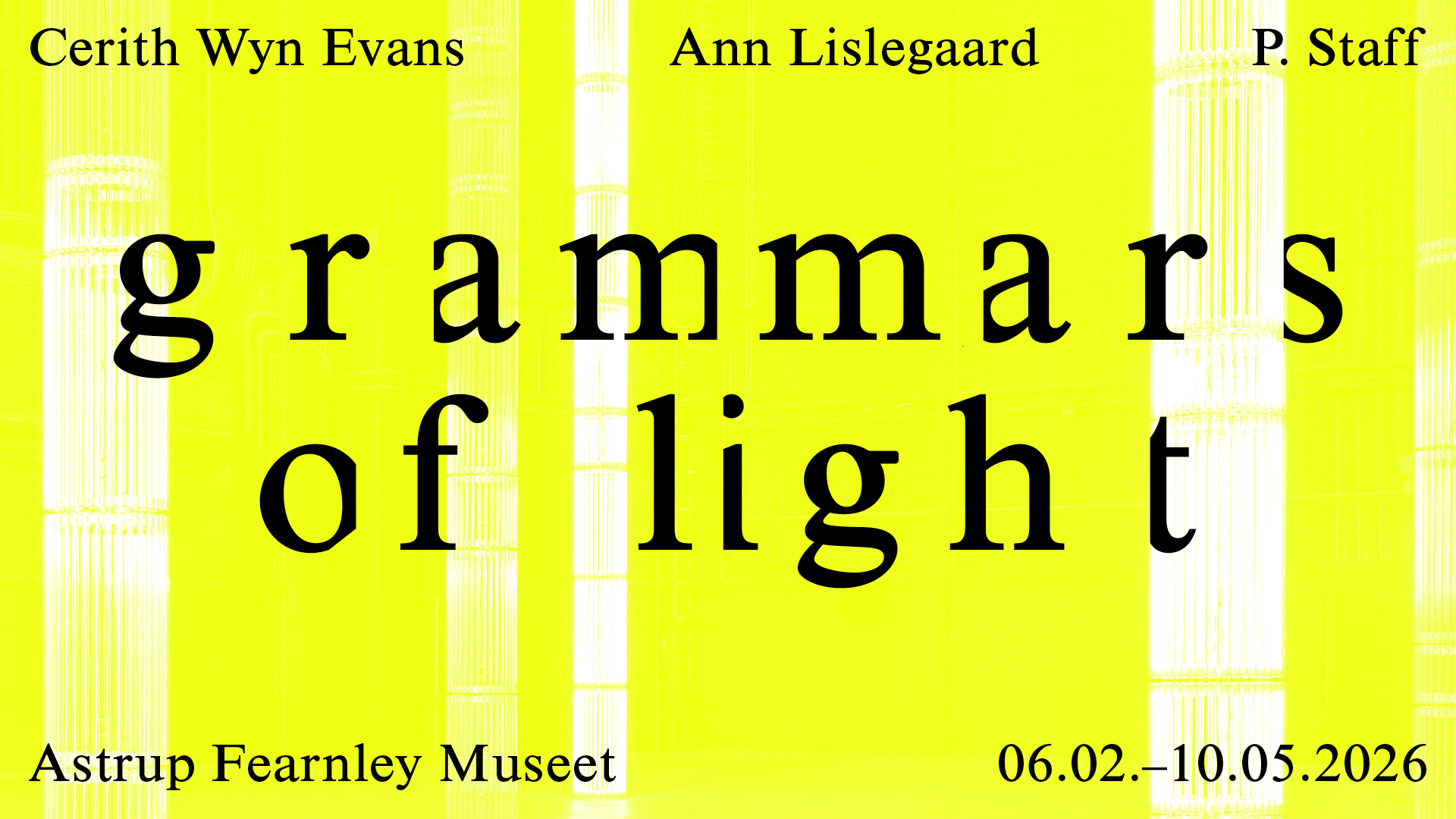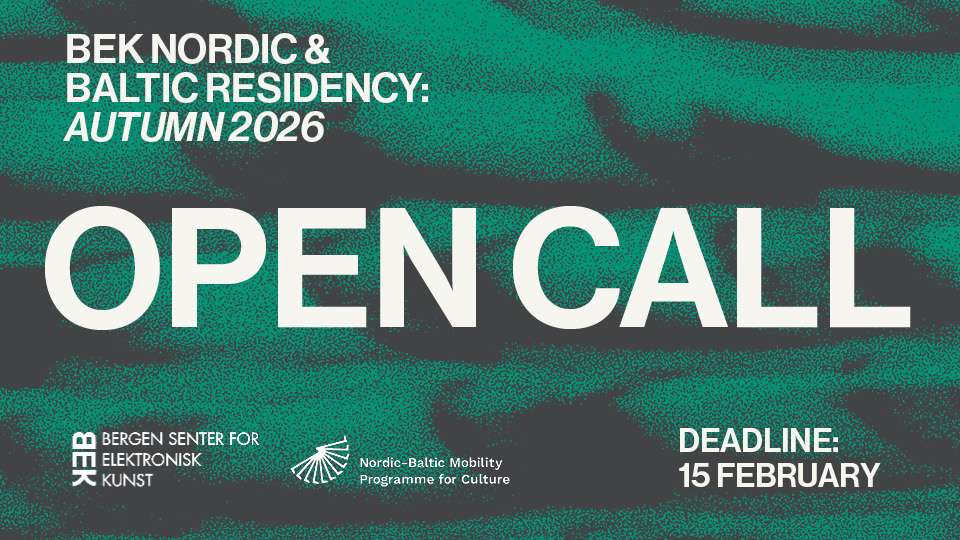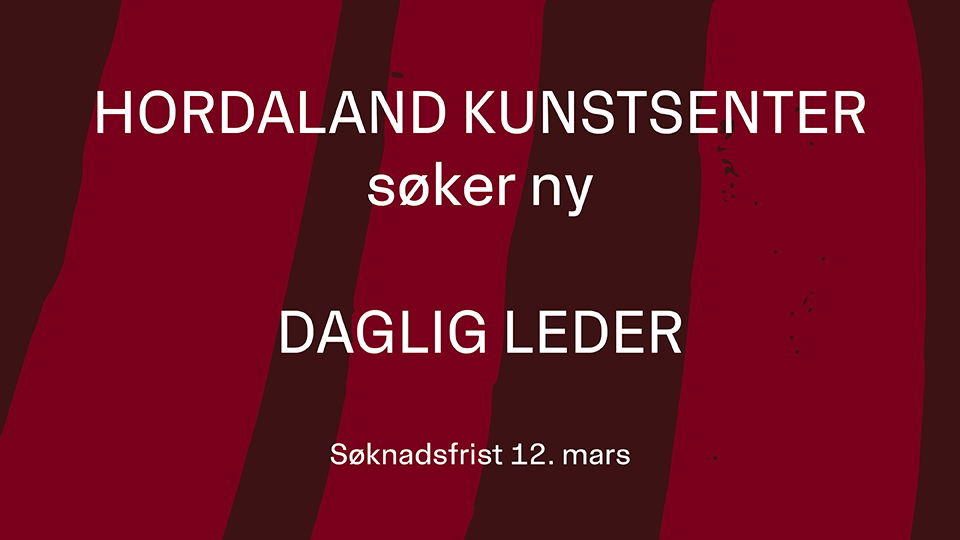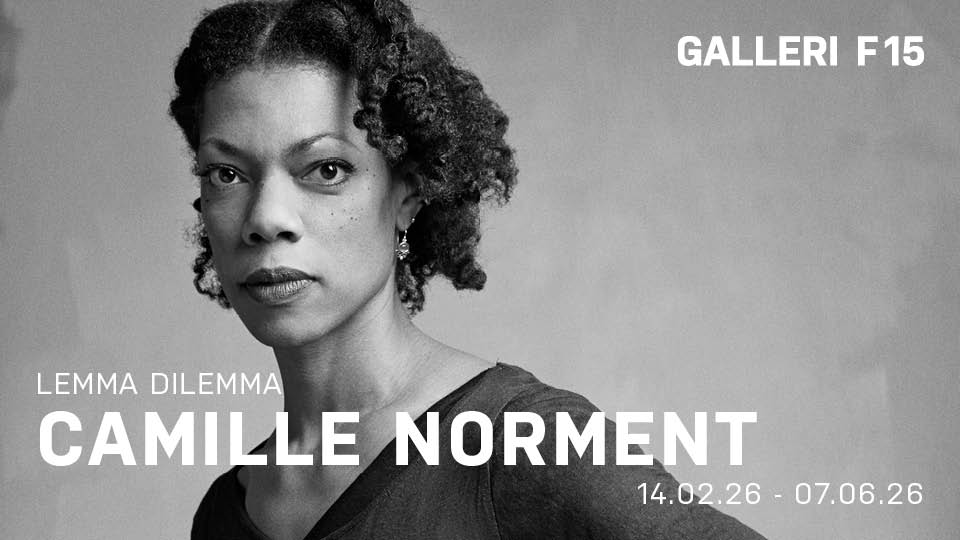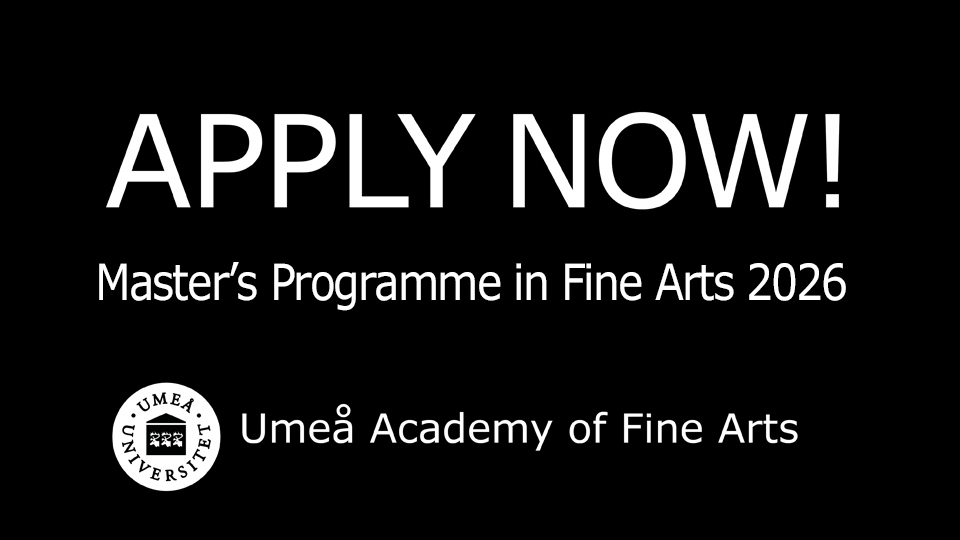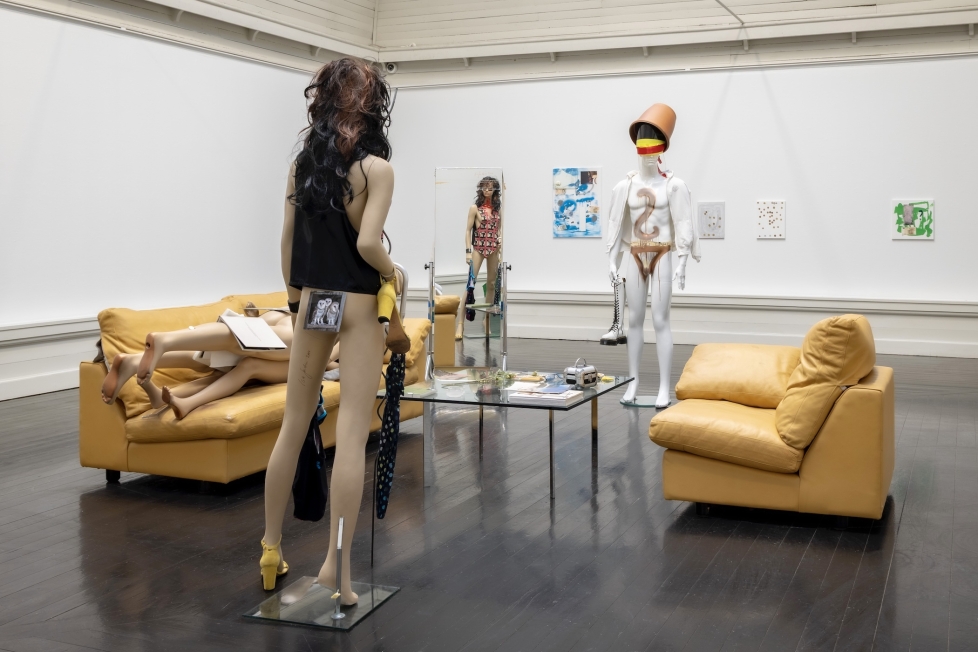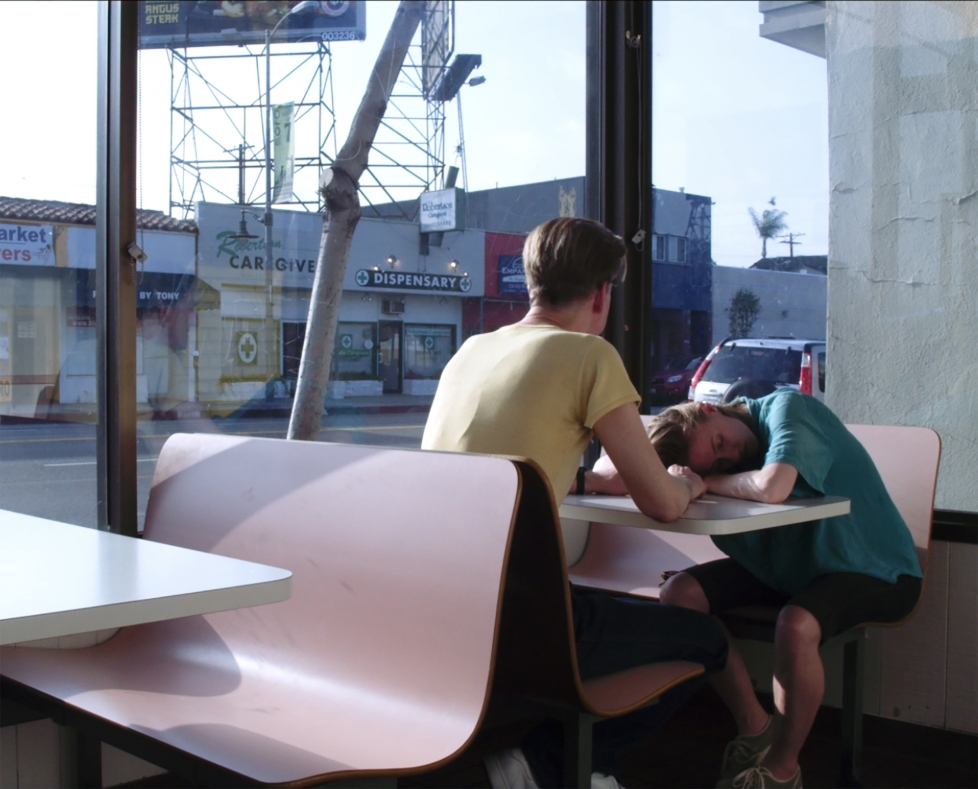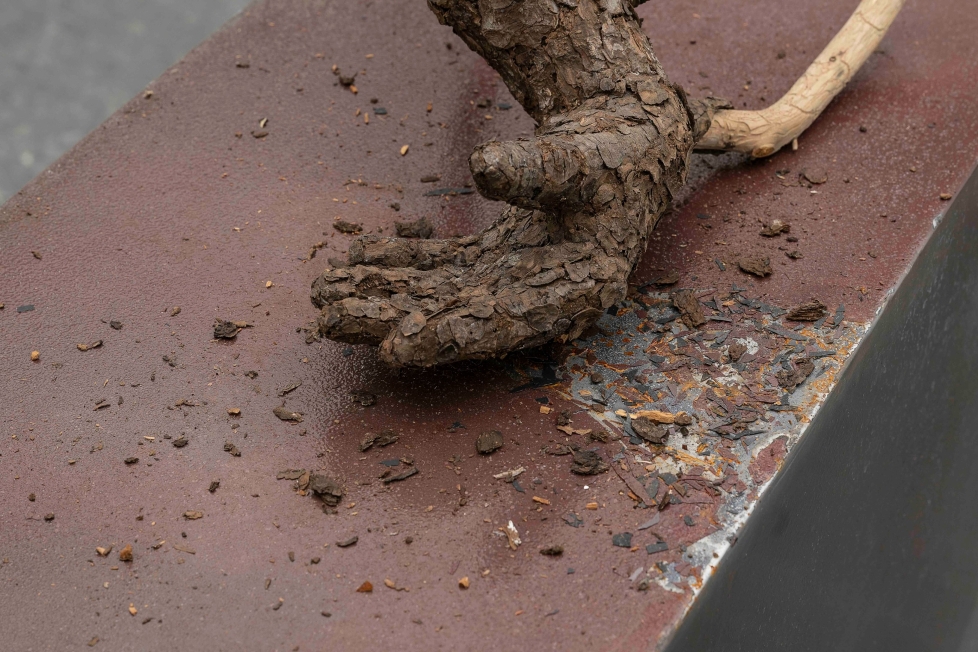
Det sägs att konstscenen i Aten först var entusiastisk över att Documenta 14 skulle äga rum i deras stad, men att många sedan blev djupt besvikna över Documenta-teamets begränsade engagemang i den lokala scenen. Men ett större problem sägs vara att konstbudgeten i Grekland har dränerats på resurser – när pengar gick till Documenta så förlorade andra initiativ delar av sin finansiering.
Nu när Documenta 14 har öppnat så kanske synen förändras, när utställningen kan betraktas utifrån vad som faktiskt har gjorts. Kunstkritikk bad konstkritikern och curatorn Iliana Fokianaki att kommentera vad hon sett hittills av utställningen, och berätta lite om det icke-vinstdrivande galleriet State of Concept som hon är med och driver. Galleriet ställer ut både lokala och internationella konstnärer och har ett omfattande diskursivt och pedagogiskt program. Det grundades 2013, och är det första av sitt slag i Grekland.
Intervjun genomfördes på engelska, och publiceras här i original.
*
How do you perceive Documenta 14 so far?
The presence has brought international attention to the dozens of small scale institutions and art workers in Athens that work under precarious conditions.
Have you seen anything that you would like to recommend?
I would like to recommend Naeem Mohaimen’s video work in EMST.
The title of Documenta 14 is “Learning from Athens” – what is the lesson one can draw from the exhibition?
According to the statement of the director, Adam Szymczyk, there was an unlearning process of leaving behind any preconceptions when you arrive at a new place. I assume that every good visitor should do that in any place they visit.
You are running the nonprofit State of Concept and you also had a performance and a full day program in conjunction with the Documenta opening on Thursday – can you tell us a bit about it?
It was the first public program of “The School of Redistribution”, which is a three-month long exhibition, research and public program, and a newly commissioned performance: all dressed as a school. Conceived as a dialogue across contexts, methodologies and practices it wants to investigate the economic conditions that determine and define the work of small-scale organizations of contemporary art and culture in Athens. It will revolve around a central question: how to transform the increasingly precarious existence of small-scale organizations and independent art workers into a more sustainable one, both in terms of economy and work ethics?
The School of Redistribution opened with an ongoing action by Alexandra Pirici followed by presentations and discussions with Olav Velthuis, Prosorini Akadimia Tehnon Athens, Emily Pethick, Victoria Ivanova, Maria Lind, Mohammad Salemy, Julieta Aranda and Anton Vidokle.
Pirici’s action Parthenon Marbles departs from the sculptures in the collection of the British Museum, and returns them to the Acropolis to tell the story of their journey from one place to another, speak about situated universal museums, de-localise and re-situate, comment on dance and finance, migrant subjects-objects and transnational heritage before moving on, circulating further.
Documenta 14 has received some criticism from the local scene, for draining resources, among other things. Did it also affect State of Concept?
It did slightly, yes, in terms of institutional bodies and embassies of countries not having enough money to support travel expenses of artists we wanted to invite, which meant we had to change our program a bit.
What are the upcoming plans for State of Concept?
State of Concept will be launching Zbynek Baladran’s solo show in the fall, Anna Daucikova in Febuary 2018 and Loukia Alavanou in May. And lastly the Swedish artists Goldin & Senneby in September next year.
